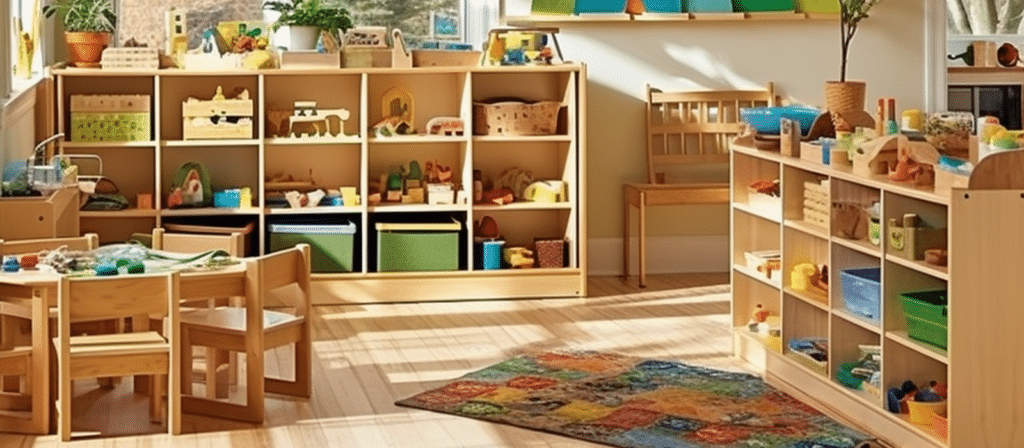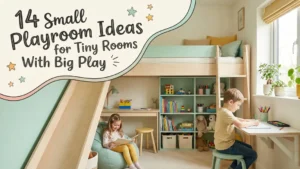Ever wondered how daycare spaces can be transformed to meet the unique needs of every child? In a world where every child is different, daycare furniture plays a pivotal role. Let’s explore the world of adaptive daycare furniture and how it caters to the diverse needs of children with individual requirements.
Adaptive Daycare Furniture for Children with Unique Needs addresses the pressing concern of providing an inclusive environment for children with diverse requirements. These specialized furniture pieces are designed to accommodate and support children with varying abilities, ensuring that every child feels comfortable and can actively participate in daycare activities.
Why is adaptive daycare furniture important?
Adaptive daycare furniture is designed to accommodate the specific needs of children with disabilities or special requirements. It goes beyond traditional furniture by offering features that promote accessibility, comfort, and independence. This type of furniture allows children with unique needs to participate fully in daycare activities, fostering their development and overall well-being.
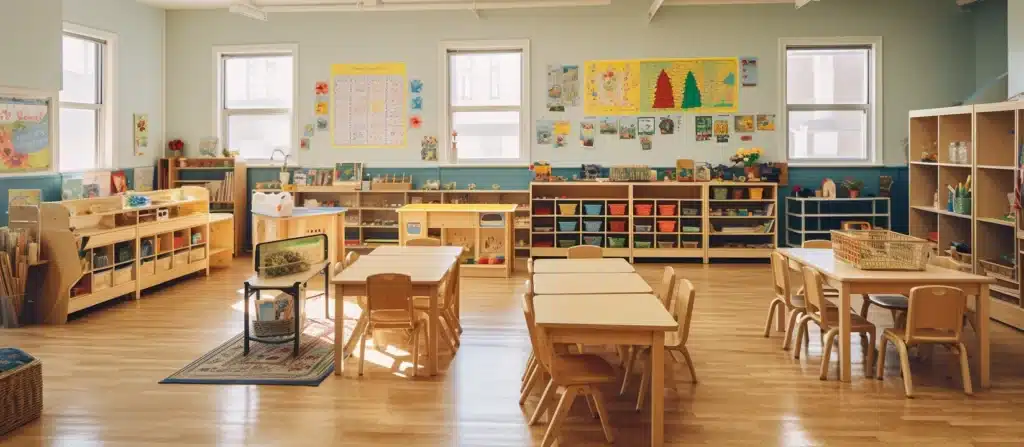
How does adaptive daycare furniture benefit children?
Adaptive daycare furniture provides numerous benefits for children with unique needs. Firstly, it promotes inclusivity by ensuring that every child has access to the same opportunities for play, learning, and socialization. By using adjustable tables, chairs, and other furniture, children can comfortably engage in activities alongside their peers.
Moreover, adaptive furniture offers ergonomic support and adjustability, which is crucial for children with physical disabilities or limited mobility. It allows them to find the most comfortable and supportive positions, reducing the risk of discomfort or injury. Additionally, adaptive furniture encourages independence by enabling children to easily transition between different activities and spaces without assistance.
What are some examples of adaptive daycare furniture?
There is a wide range of adaptive daycare furniture available in the market today. One example is adjustable tables and chairs that can be easily modified to accommodate different heights and seating preferences. These furniture pieces are essential for ensuring proper posture and comfort for children with unique needs.
Another example is sensory-friendly furniture, designed to create a calming and soothing environment for children with sensory processing disorders. These furniture pieces may include soft seating options, sensory cushions, and calming sensory panels. Such furniture promotes relaxation and helps children with sensory sensitivities to feel more at ease.
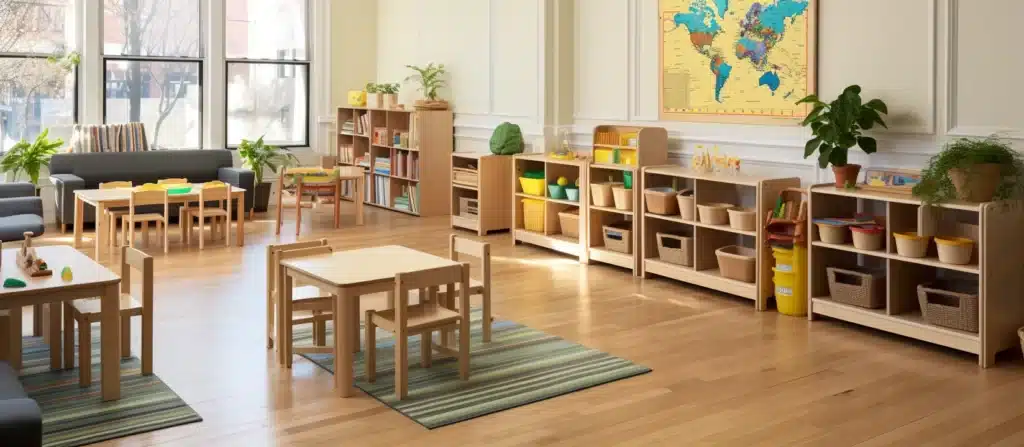
How can adaptive daycare furniture be customized?
One of the remarkable aspects of adaptive daycare furniture is its ability to be customized to meet the specific needs of each child. Adjustable features, such as height, seating depth, and backrest angles, can be modified to ensure optimal comfort and support. Additionally, furniture can be personalized with vibrant colors, patterns, or themes to create an engaging and visually stimulating environment.
Customization extends beyond the physical aspects of the furniture. It also involves considering the individual preferences and requirements of each child. By involving caregivers, therapists, and educators in the customization process, furniture can be tailored to suit the unique needs of each child, enhancing their overall experience in daycare.
What are the benefits of using adaptive daycare furniture for daycare providers?
Daycare providers who invest in adaptive furniture gain several benefits. Firstly, it demonstrates their commitment to inclusivity and accessibility, attracting families who prioritize an inclusive environment for their children. By offering adaptive furniture, daycare providers can differentiate themselves in the market and position themselves as leaders in inclusive childcare.
Moreover, adaptive daycare furniture can enhance the overall efficiency and organization of daycare spaces. With adjustable furniture, spaces can be easily reconfigured to accommodate various activities or group sizes. This flexibility promotes a dynamic and adaptable environment that can meet the changing needs of the children and caregivers.
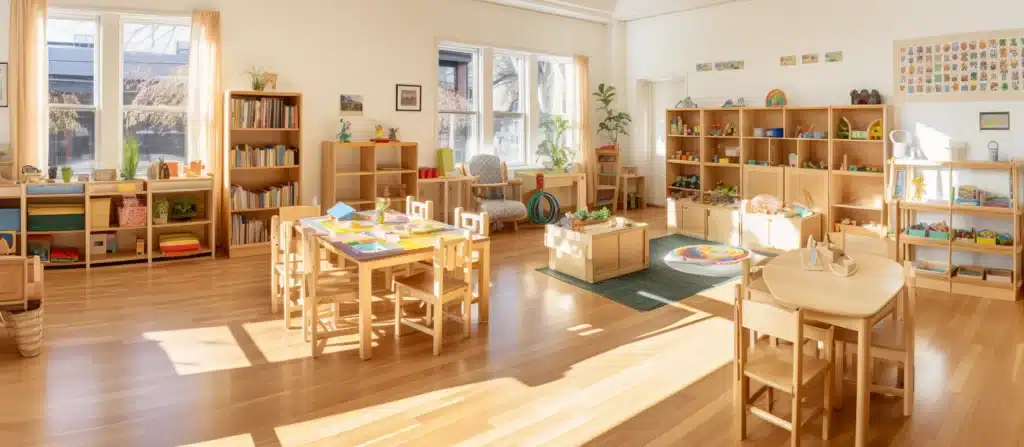
Conclusion
Adaptive daycare furniture is a game-changer for children with unique needs, providing them with the opportunity to participate fully in daycare activities and fostering their development. By investing in adaptive furniture, daycare providers not only create an inclusive environment but also demonstrate their commitment to meeting the diverse needs of all children.

